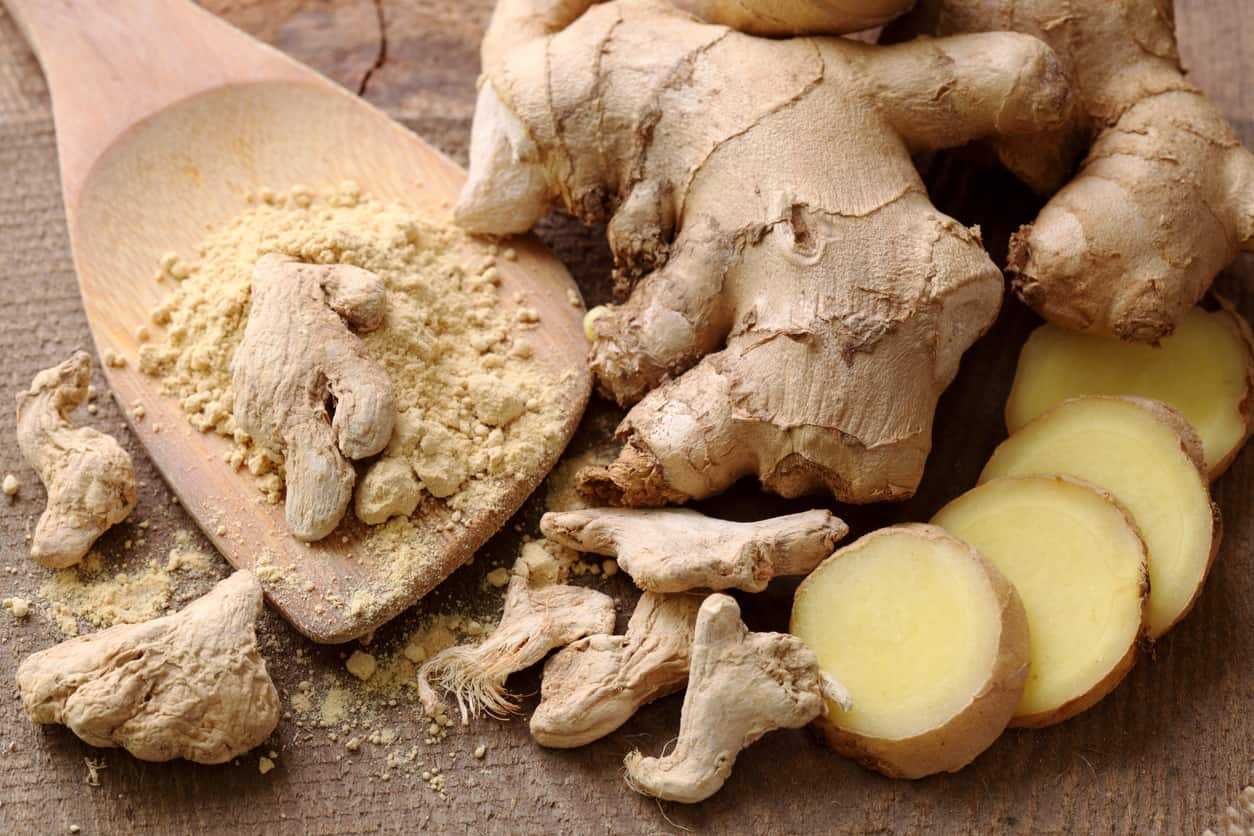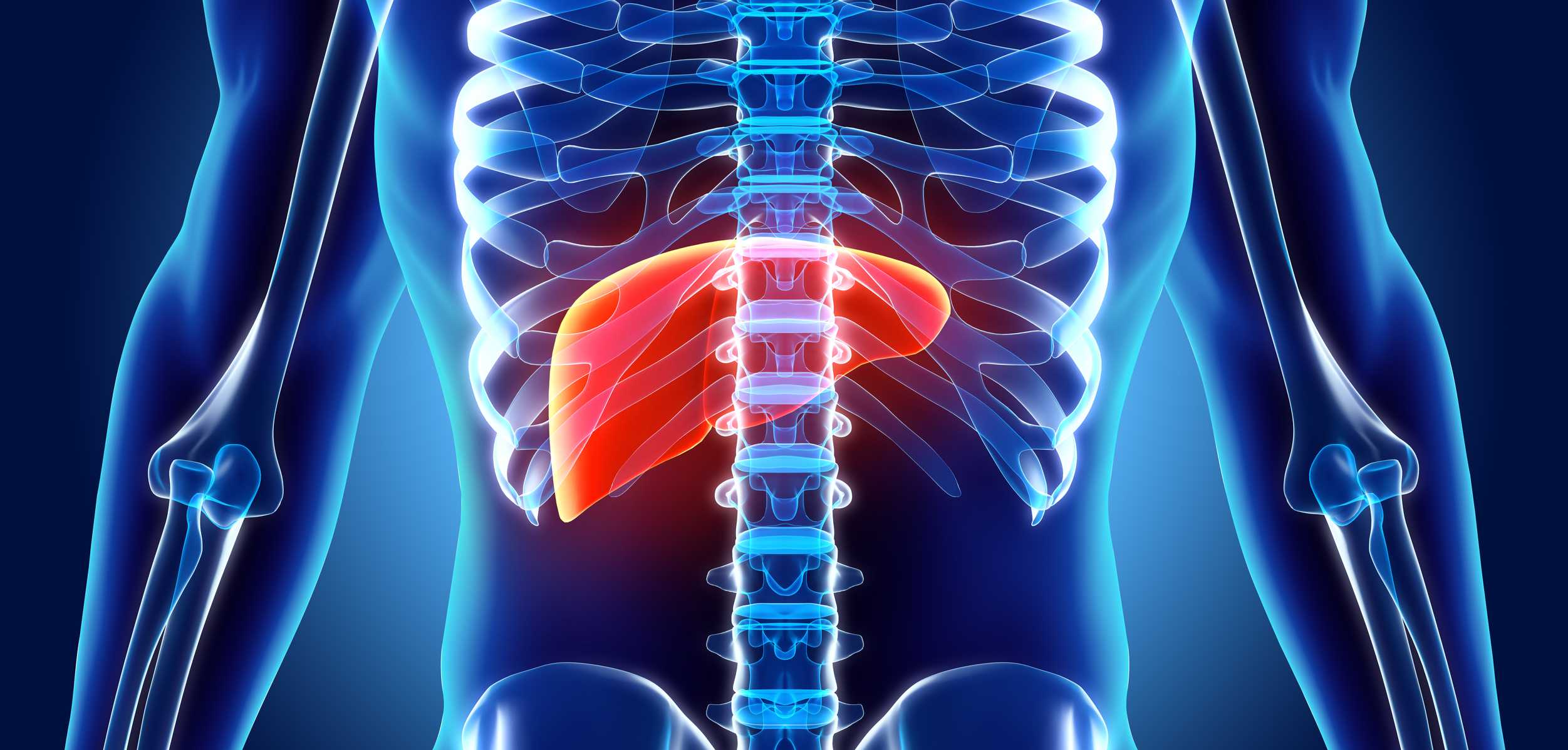Ginger is the thick knotted underground stem (rhizome) of the plant Zingiber officinale that has been used for centuries in Asian cuisine and medicine.
Native to African, India, China, Australia and Jamaican, it is commonly used as a spice or flavouring agent in cooking, as an alternative ‘herbal’ treatment for various ailments such as nausea and indigestion, and for fragrance in soaps and cosmetics.
Ginger rhizome can be used fresh, dried and powdered, or as a juice or oil. It has a pungent and sharp aroma and adds a strong spicy flavour to food and drink.
Effect on diabetes
Glycemic control
A study published in the August 2012 edition of the natural product journal Planta Medica suggested that ginger may improve long-term blood sugar control for people with type 2 diabetes
Researchers from the University of Sydney, Australia, found that extracts from Buderim Ginger (Australian grown ginger) rich in gingerols – the major active component of ginger rhizome – can increase uptake of glucose into muscle cells without using insulin , and may therefore assist in the management of high blood sugar levels
Insulin secretion
In the December 2009 issue of the European Journal of Pharmacology, researchers reported that two different ginger extracts, spissum and an oily extract, interact with serotonin receptors to reveres their effect on insulin secretion.
Treatment with the extracts led to a 35 per cent drop in blood glucose levels and a 10 per cent increase in plasma insulin levels.
Cataract protection
A study published in the August 2010 edition of Molecular Vision revealed that a small daily dose of ginger helped delay the onset and progression of cataracts – one of the sight-related complications of long-term diabetes – in diabetic rats.
It’s also worth noting that ginger has a very low glycemic index (GI) Low GI foods break down slowly to form glucose and therefore do not trigger a spike in blood sugar levels as high GI foods do.
Other health benefits
Ginger has been used as an herbal therapy in Chinese, India, and Arabic medicine for centuries to aid digestion, combat the common cold and relieve pain.
Its powerful anti-inflammatory substances, gingerols, make it an effective pain reliever and it is commonly used to reduce pain and swelling in patients with arthritis and those suffering from other inflammation and muscle complaints.
In fact, ginger is said to be just as effective as nonsteroidal anti-inflammatory drugs, but without the gastro-intestinal side effects.
Other medical uses of ginger include treatment of:
- Bronchitis
- Heartburn
- Menstrual pain
- Nausea and vomiting
- Upset stomach
- Diarrhoea
- Upper respiratory tract infections (URTI)
Availability
Ginger root is readily available in both vegetable and powder forms at supermarkets and smaller grocery stores, while ginger root supplements, essential oil and ginger extract are stocked by most health food companies and Asian food stores.
Caution
Before self-treating your diabetes or associated complications with ginger or any other herbal therapy, consult your GP or other healthcare professional whether it is safe for you to take alongside your diabetes medication as it may heighten the effects of these blood glucose-lowering drugs and cause hypoglycemia







